Resistant Dextrin For Sale
-
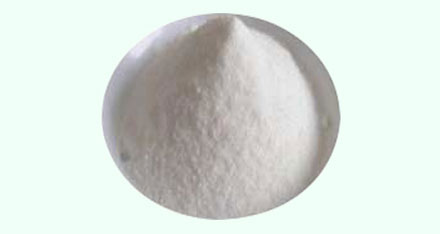 TrehaloseTrehalose has non-specificity protection functions for many biologies.LEARN MORE
TrehaloseTrehalose has non-specificity protection functions for many biologies.LEARN MORE -
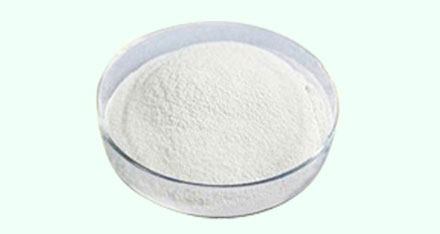 Resistant Dextrin(Soluble Corn Fiber)Under acidity conditions and heating decomposition, Non-GMO natural corn starch can get low molecular weight soluble glucan.LEARN MORE
Resistant Dextrin(Soluble Corn Fiber)Under acidity conditions and heating decomposition, Non-GMO natural corn starch can get low molecular weight soluble glucan.LEARN MORE -
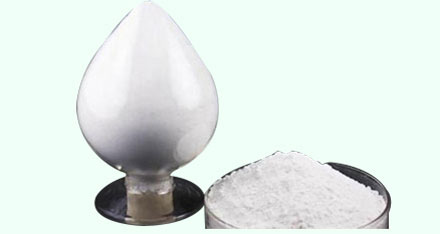 Resistant Dextrin(Soluble Corn Fiber)(Powder)Non-GMO natural corn starch is soluble in water. It can lower blood sugar effectively.LEARN MORE
Resistant Dextrin(Soluble Corn Fiber)(Powder)Non-GMO natural corn starch is soluble in water. It can lower blood sugar effectively.LEARN MORE -
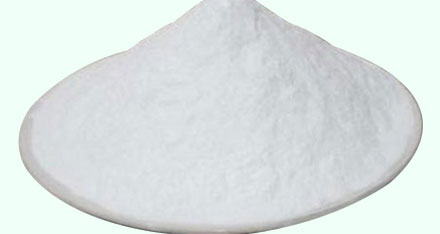 Resistant Dextrin(Soluble Tapioca Fiber)(Powder)Cellulose is the oldest and most abundant natural polymer on the earth. It is inexhaustible and the most precious natural renewable resource for human beings.LEARN MORE
Resistant Dextrin(Soluble Tapioca Fiber)(Powder)Cellulose is the oldest and most abundant natural polymer on the earth. It is inexhaustible and the most precious natural renewable resource for human beings.LEARN MORE -
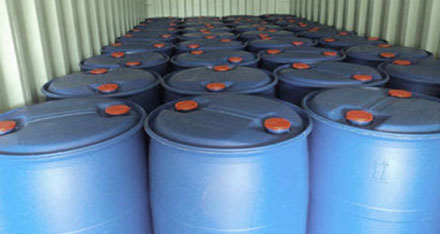 Resistant Dextrin(Soluble Tapioca Fiber)(Liquid)Dietary fiber is a kind of polysaccharide, which can neither be digested and absorbed by the gastrointestinal tract nor generate energy.LEARN MORE
Resistant Dextrin(Soluble Tapioca Fiber)(Liquid)Dietary fiber is a kind of polysaccharide, which can neither be digested and absorbed by the gastrointestinal tract nor generate energy.LEARN MORE -
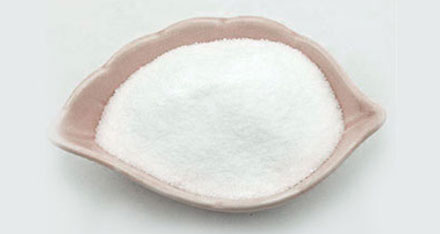 Resistant Maltodextrin PowderYou can find the existence of the resistant maltodextrin(powder) is widely used in beverage, frozen food, candy, cereal, dairy products, health products, and other industries.LEARN MORE
Resistant Maltodextrin PowderYou can find the existence of the resistant maltodextrin(powder) is widely used in beverage, frozen food, candy, cereal, dairy products, health products, and other industries.LEARN MORE -
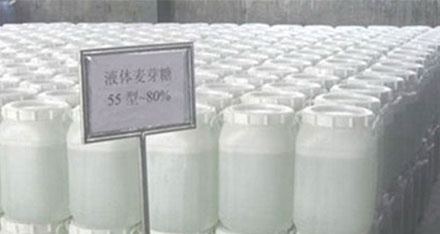 Resistant Maltodextrin Powder (Liquid)Maltodextrin is also called water-soluble dextrin or enzyme dextrin. It is made of all kinds of starch, which is hydrolyzed, purified and dried by enzymatic process.LEARN MORE
Resistant Maltodextrin Powder (Liquid)Maltodextrin is also called water-soluble dextrin or enzyme dextrin. It is made of all kinds of starch, which is hydrolyzed, purified and dried by enzymatic process.LEARN MORE -
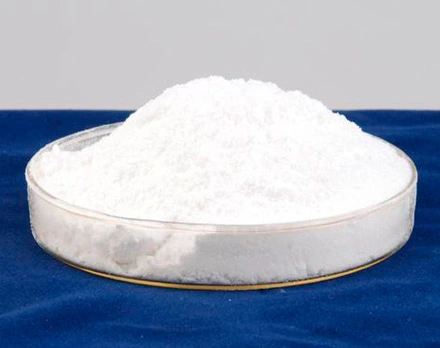 Organic Resistant Dextrin Powder (Corn Type) 70%Organic Resistant Dextrin Powder (Corn) is a low-calorie glucan that is white or light yellow powder and has the advantages of low-calorie, heat-resistant, and acid-resistant. Easily soluble in cold w...LEARN MORE
Organic Resistant Dextrin Powder (Corn Type) 70%Organic Resistant Dextrin Powder (Corn) is a low-calorie glucan that is white or light yellow powder and has the advantages of low-calorie, heat-resistant, and acid-resistant. Easily soluble in cold w...LEARN MORE -
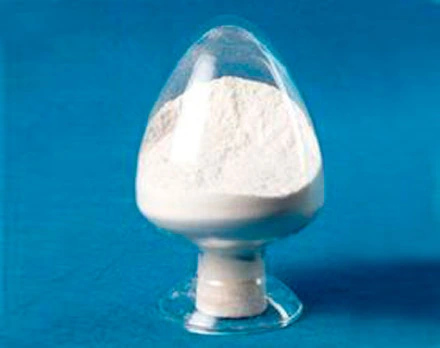 Organic Resistant Dextrin Powder (Corn Type) 90%Organic resistant dextrin powder (corn) is a low-calorie glucan, which is extracted and refined using industrial technology to extract the indigestible components of roasted dextrin. It is a white or...LEARN MORE
Organic Resistant Dextrin Powder (Corn Type) 90%Organic resistant dextrin powder (corn) is a low-calorie glucan, which is extracted and refined using industrial technology to extract the indigestible components of roasted dextrin. It is a white or...LEARN MORE -
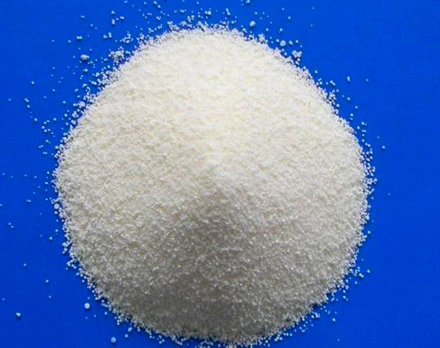 Organic Resistant Dextrin Powder (Tapioca Type) 70%Organic resistant dextrin powder (tapioca) is processed from starch. It uses industrial extraction technology to extract and refine the indigestible components of baked dextrin into a low-calorie gluc...LEARN MORE
Organic Resistant Dextrin Powder (Tapioca Type) 70%Organic resistant dextrin powder (tapioca) is processed from starch. It uses industrial extraction technology to extract and refine the indigestible components of baked dextrin into a low-calorie gluc...LEARN MORE -
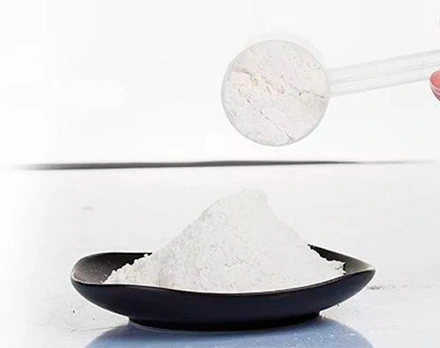 Organic Resistant Dextrin Powder (Tapioca Type) 90%Organic resistant dextrin powder (tapioca) is a dietary fiber made from starch through dextrinization reaction under acidic conditions. It has processing characteristics such as low viscosity, low gel...LEARN MORE
Organic Resistant Dextrin Powder (Tapioca Type) 90%Organic resistant dextrin powder (tapioca) is a dietary fiber made from starch through dextrinization reaction under acidic conditions. It has processing characteristics such as low viscosity, low gel...LEARN MORE -
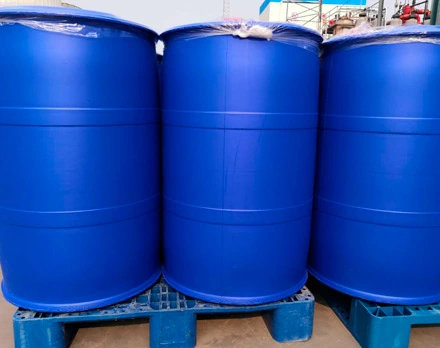 Organic Resistant Dextrin Syrup (Corn Type) 70%Organic resistant dextrin syrup (corn) is a kind of water-soluble dietary fiber. Although it is difficult to associate dietary fiber with the word "resistant dextrin" literally, in fact, res...LEARN MORE
Organic Resistant Dextrin Syrup (Corn Type) 70%Organic resistant dextrin syrup (corn) is a kind of water-soluble dietary fiber. Although it is difficult to associate dietary fiber with the word "resistant dextrin" literally, in fact, res...LEARN MORE -
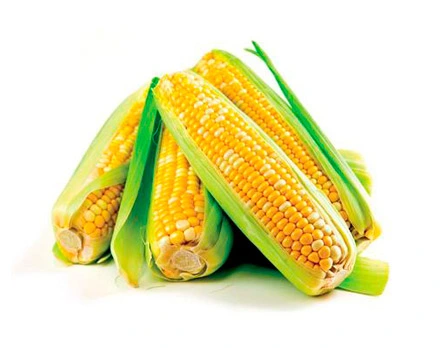 Organic Resistant Dextrin Syrup (Corn Type) 90%In 2012, the Ministry of Health of China classified resistant dextrin as a general food and recognized it as an edible dietary fiber. In addition to a small amount of α-glycosidic bonds, resistant de...LEARN MORE
Organic Resistant Dextrin Syrup (Corn Type) 90%In 2012, the Ministry of Health of China classified resistant dextrin as a general food and recognized it as an edible dietary fiber. In addition to a small amount of α-glycosidic bonds, resistant de...LEARN MORE -
 Organic Resistant Dextrin Syrup (Tapioca Type) 70%As a type of dietary fiber, organic resistant dextrin syrup (tapioca) has the characteristics of being natural, not susceptible to moisture and caking, highly water-soluble, heat-resistant and acid-re...LEARN MORE
Organic Resistant Dextrin Syrup (Tapioca Type) 70%As a type of dietary fiber, organic resistant dextrin syrup (tapioca) has the characteristics of being natural, not susceptible to moisture and caking, highly water-soluble, heat-resistant and acid-re...LEARN MORE -
 Organic Resistant Dextrin Syrup (Tapioca Type) 90%Organic resistant dextrin syrup (tapioca) is a low-calorie glucan processed from starch and is one of the most representative substances in dietary fiber. Because it contains indigestible ingredients ...LEARN MORE
Organic Resistant Dextrin Syrup (Tapioca Type) 90%Organic resistant dextrin syrup (tapioca) is a low-calorie glucan processed from starch and is one of the most representative substances in dietary fiber. Because it contains indigestible ingredients ...LEARN MORE -
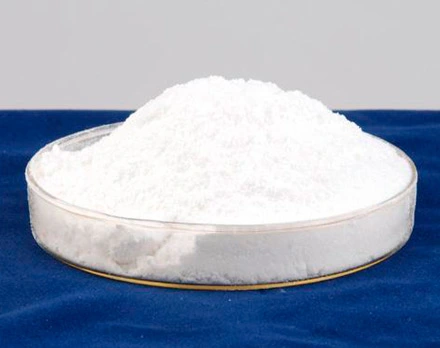 Organic Resistant Maltodextrin Powder (Corn Type) 70%Organic resistant maltodextrin powder (corn) is processed from starch. It is a low-calorie glucan obtained by extracting and refining the indigestible components of roasted dextrin using industrial te...LEARN MORE
Organic Resistant Maltodextrin Powder (Corn Type) 70%Organic resistant maltodextrin powder (corn) is processed from starch. It is a low-calorie glucan obtained by extracting and refining the indigestible components of roasted dextrin using industrial te...LEARN MORE -
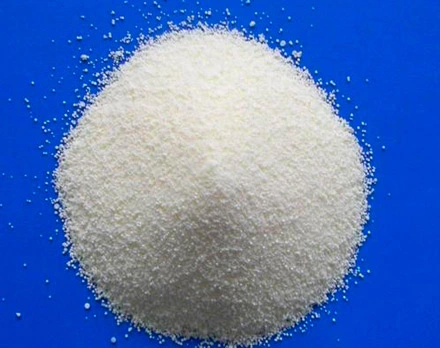 Organic Resistant Maltodextrin Powder (Tapioca Type) 70%Organic resistant maltodextrin powder (tapioca) 70% is processed from starch. It is a low-calorie glucan obtained by extracting and refining the indigestible components of baked dextrin using industri...LEARN MORE
Organic Resistant Maltodextrin Powder (Tapioca Type) 70%Organic resistant maltodextrin powder (tapioca) 70% is processed from starch. It is a low-calorie glucan obtained by extracting and refining the indigestible components of baked dextrin using industri...LEARN MORE -
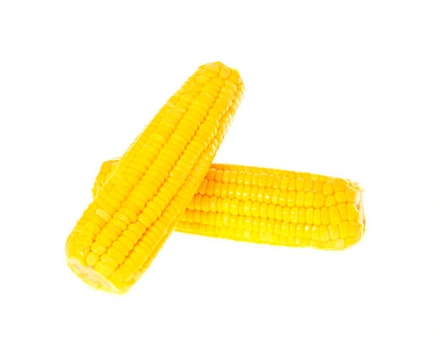 Organic Resistant Maltodextrin Syrup (Corn Type) 70%Organic resistant maltodextrin syrup (corn) is an important low-molecular water-soluble dietary fiber in the modern food industry. At present, a method has been developed to prepare resistant maltodex...LEARN MORE
Organic Resistant Maltodextrin Syrup (Corn Type) 70%Organic resistant maltodextrin syrup (corn) is an important low-molecular water-soluble dietary fiber in the modern food industry. At present, a method has been developed to prepare resistant maltodex...LEARN MORE -
 Organic Resistant Maltodextrin Syrup (Tapioca Type) 70%Organic resistant maltodextrin syrup (tapioca) is light yellow syrup. The special preparation process gives resistant maltodextrin a special property structure. It has a good resistance to the degrada...LEARN MORE
Organic Resistant Maltodextrin Syrup (Tapioca Type) 70%Organic resistant maltodextrin syrup (tapioca) is light yellow syrup. The special preparation process gives resistant maltodextrin a special property structure. It has a good resistance to the degrada...LEARN MORE -
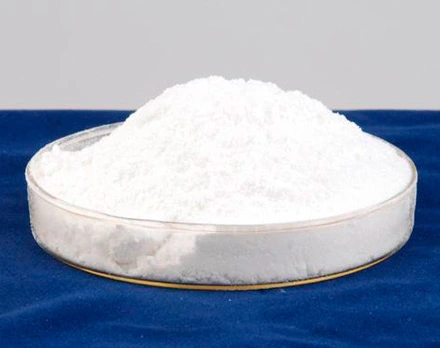 Organic Soluble Corn Fiber Powder 70%Organic soluble corn fiber is a low-calorie glucan that is white or light yellow powder and has the advantages of low-calorie, heat-resistant, and acid-resistant. Easily soluble in cold water, insolub...LEARN MORE
Organic Soluble Corn Fiber Powder 70%Organic soluble corn fiber is a low-calorie glucan that is white or light yellow powder and has the advantages of low-calorie, heat-resistant, and acid-resistant. Easily soluble in cold water, insolub...LEARN MORE -
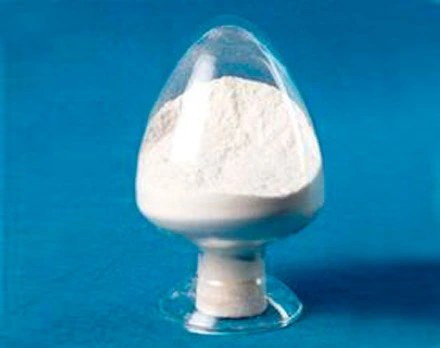 Organic Soluble Corn Fiber Powder 90%Organic soluble corn fiber powder is a low-calorie glucan, which is extracted and refined using industrial technology to extract the indigestible components of roasted dextrin. It is a white or light ...LEARN MORE
Organic Soluble Corn Fiber Powder 90%Organic soluble corn fiber powder is a low-calorie glucan, which is extracted and refined using industrial technology to extract the indigestible components of roasted dextrin. It is a white or light ...LEARN MORE -
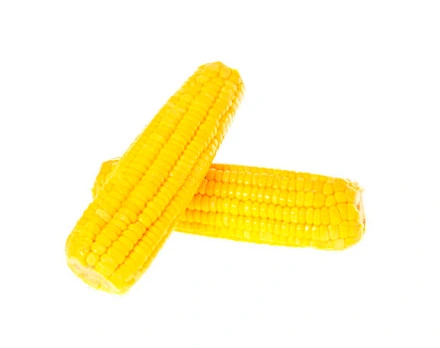 Organic Soluble Corn Fiber Syrup 70%Organic soluble corn fiber syrup is a kind of water-soluble dietary fiber. Although it is difficult to associate dietary fiber with the word "soluble corn fiber" literally, in fact, Soluble ...LEARN MORE
Organic Soluble Corn Fiber Syrup 70%Organic soluble corn fiber syrup is a kind of water-soluble dietary fiber. Although it is difficult to associate dietary fiber with the word "soluble corn fiber" literally, in fact, Soluble ...LEARN MORE -
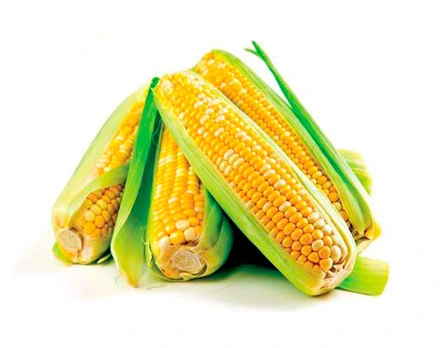 Organic Soluble Corn Fiber Syrup 90%In 2012, the Ministry of Health of China classified Soluble corn fiber as a general food and recognized it as an edible dietary fiber. In addition to a small amount of α-glycosidic bonds, soluble cor...LEARN MORE
Organic Soluble Corn Fiber Syrup 90%In 2012, the Ministry of Health of China classified Soluble corn fiber as a general food and recognized it as an edible dietary fiber. In addition to a small amount of α-glycosidic bonds, soluble cor...LEARN MORE -
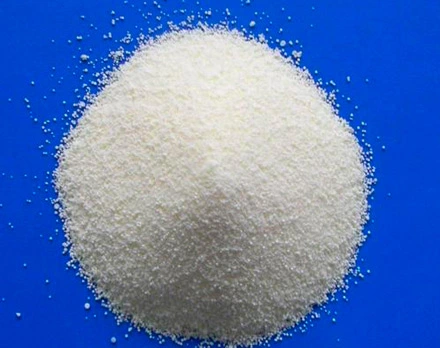 Organic Soluble Tapioca Fiber Powder 70%Organic soluble tapioca fiber powder is processed from starch. It uses industrial extraction technology to extract and refine the indigestible components of baked dextrin into a low-calorie glucan. Or...LEARN MORE
Organic Soluble Tapioca Fiber Powder 70%Organic soluble tapioca fiber powder is processed from starch. It uses industrial extraction technology to extract and refine the indigestible components of baked dextrin into a low-calorie glucan. Or...LEARN MORE -
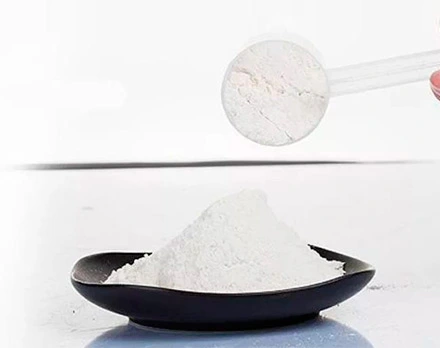 Organic Soluble Tapioca Fiber Powder 90%Organic soluble tapioca fiber powder is a dietary fiber made from starch through dextrinization reaction under acidic conditions. It has processing characteristics such as low viscosity, low gelling p...LEARN MORE
Organic Soluble Tapioca Fiber Powder 90%Organic soluble tapioca fiber powder is a dietary fiber made from starch through dextrinization reaction under acidic conditions. It has processing characteristics such as low viscosity, low gelling p...LEARN MORE -
 Organic Soluble Tapioca Fiber Syrup 70%As a type of dietary fiber, organic soluble tapioca fiber syrup has the characteristics of being natural, not susceptible to moisture and caking, highly water-soluble, heat-resistant and acid-resistan...LEARN MORE
Organic Soluble Tapioca Fiber Syrup 70%As a type of dietary fiber, organic soluble tapioca fiber syrup has the characteristics of being natural, not susceptible to moisture and caking, highly water-soluble, heat-resistant and acid-resistan...LEARN MORE -
 Organic Soluble Tapioca Fiber Syrup 90%Organic soluble tapioca fiber syrup is a low-calorie glucan processed from starch and is one of the most representative substances in dietary fiber. Because it contains indigestible ingredients that r...LEARN MORE
Organic Soluble Tapioca Fiber Syrup 90%Organic soluble tapioca fiber syrup is a low-calorie glucan processed from starch and is one of the most representative substances in dietary fiber. Because it contains indigestible ingredients that r...LEARN MORE -
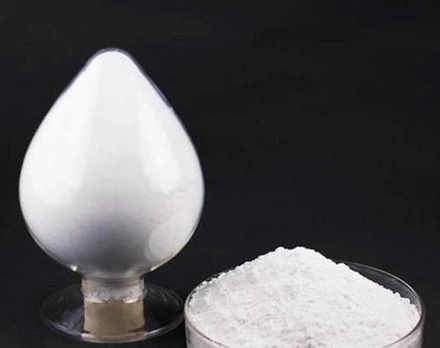 Resistant Dextrin Powder (Corn Type) 70%Resistant Dextrin Powder (Corn) is processed from starch. It is a low-calorie glucan obtained by extracting and refining the indigestible components of baked dextrin using industrial technology. It is...LEARN MORE
Resistant Dextrin Powder (Corn Type) 70%Resistant Dextrin Powder (Corn) is processed from starch. It is a low-calorie glucan obtained by extracting and refining the indigestible components of baked dextrin using industrial technology. It is...LEARN MORE -
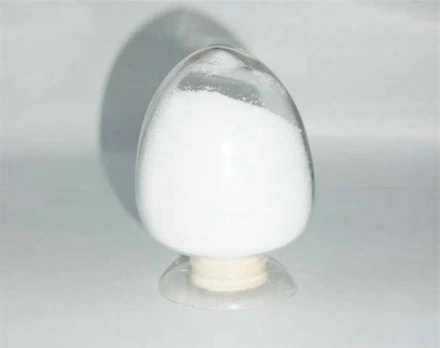 Resistant Dextrin Powder (Corn Type) 90%Resistant Dextrin (Corn) is a dietary fiber made from edible starch through dextrinization reaction under acidic conditions. It has good acid and heat stability, high digestive tolerance, low glycemic...LEARN MORE
Resistant Dextrin Powder (Corn Type) 90%Resistant Dextrin (Corn) is a dietary fiber made from edible starch through dextrinization reaction under acidic conditions. It has good acid and heat stability, high digestive tolerance, low glycemic...LEARN MORE -
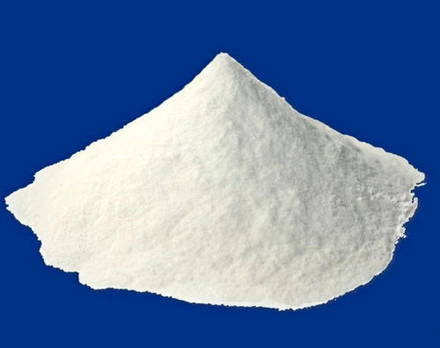 Resistant Dextrin Powder (Tapioca Type) 70%Resistant Dextrin Powder (Tapioca) is processed from starch. It is a low-calorie glucan obtained by extracting and refining the indigestible components of baked dextrin using industrial technology. It...LEARN MORE
Resistant Dextrin Powder (Tapioca Type) 70%Resistant Dextrin Powder (Tapioca) is processed from starch. It is a low-calorie glucan obtained by extracting and refining the indigestible components of baked dextrin using industrial technology. It...LEARN MORE -
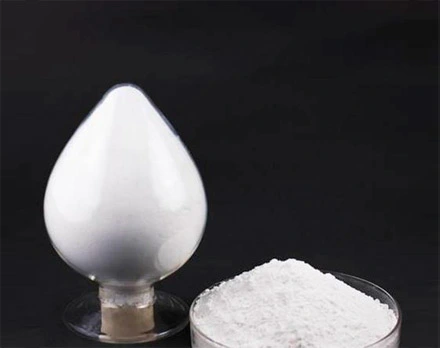 Resistant Dextrin Powder (Tapioca Type) 90%Resistant Dextrin Powder (Tapioca), also known as indigestible dextrin, uses starch as the processing raw material. It is a new type of low-calorie glucan that is obtained by extracting, processing an...LEARN MORE
Resistant Dextrin Powder (Tapioca Type) 90%Resistant Dextrin Powder (Tapioca), also known as indigestible dextrin, uses starch as the processing raw material. It is a new type of low-calorie glucan that is obtained by extracting, processing an...LEARN MORE -
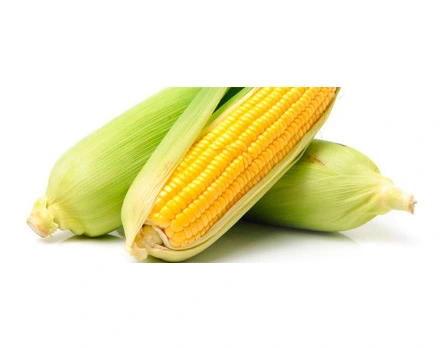 Resistant Dextrin Syrup (Corn Type) 70%Resistant Dextrin (Corn) is processed from starch. Edible starch is heated, decomposed and reorganized under acidic conditions to obtain low-molecular soluble glucan. It is a low-molecular water-solub...LEARN MORE
Resistant Dextrin Syrup (Corn Type) 70%Resistant Dextrin (Corn) is processed from starch. Edible starch is heated, decomposed and reorganized under acidic conditions to obtain low-molecular soluble glucan. It is a low-molecular water-solub...LEARN MORE -
 Resistant Dextrin Syrup (Corn Type) 90%Resistant Dextrin (Corn) has the same powdery characteristics and processing adaptability as white sugar, and is easy to use. It has low viscosity and sweetness, and has good acid and heat resistance....LEARN MORE
Resistant Dextrin Syrup (Corn Type) 90%Resistant Dextrin (Corn) has the same powdery characteristics and processing adaptability as white sugar, and is easy to use. It has low viscosity and sweetness, and has good acid and heat resistance....LEARN MORE -
 Resistant Dextrin Syrup (Tapioca Type) 70%Resistant Dextrin (Tapioca) is processed from starch. The process is roughly to first decompose starch into dextrin at high temperature, and then form some digestion-resistant glycosidic bonds during ...LEARN MORE
Resistant Dextrin Syrup (Tapioca Type) 70%Resistant Dextrin (Tapioca) is processed from starch. The process is roughly to first decompose starch into dextrin at high temperature, and then form some digestion-resistant glycosidic bonds during ...LEARN MORE -
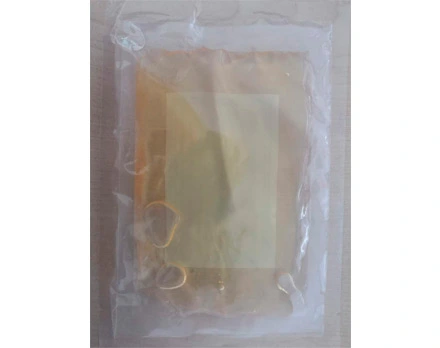 Resistant Dextrin Syrup (Tapioca Type) 90%Resistant Dextrin Syrup (Tapioca) is a kind of water-soluble dietary fiber. It has good water holding capacity and plays an important role in lubricating the intestines. Its volume expands after absor...LEARN MORE
Resistant Dextrin Syrup (Tapioca Type) 90%Resistant Dextrin Syrup (Tapioca) is a kind of water-soluble dietary fiber. It has good water holding capacity and plays an important role in lubricating the intestines. Its volume expands after absor...LEARN MORE -
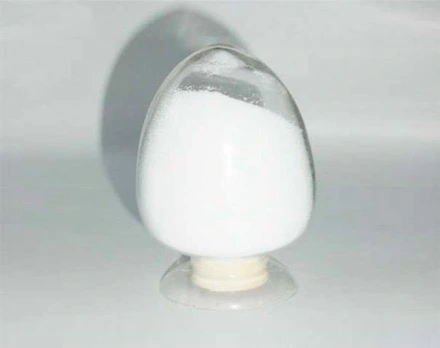 Resistant Maltodextrin Powder (Corn Type) 90%Resistant maltodextrin powder (corn) is an important low-molecular water-soluble dietary fiber. As an important functional component in human diet, dietary fiber has physiological functions such as re...LEARN MORE
Resistant Maltodextrin Powder (Corn Type) 90%Resistant maltodextrin powder (corn) is an important low-molecular water-soluble dietary fiber. As an important functional component in human diet, dietary fiber has physiological functions such as re...LEARN MORE -
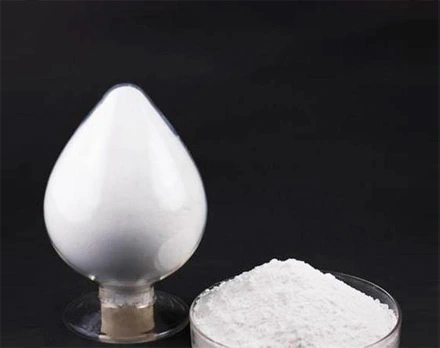 Resistant Maltodextrin Powder (Tapioca Type) 90%Resistant maltodextrin powder (tapioca) is an extremely soluble dietary fiber. The process is roughly to first decompose starch into dextrin, and then polymerize it. During the re-polymerization proce...LEARN MORE
Resistant Maltodextrin Powder (Tapioca Type) 90%Resistant maltodextrin powder (tapioca) is an extremely soluble dietary fiber. The process is roughly to first decompose starch into dextrin, and then polymerize it. During the re-polymerization proce...LEARN MORE -
 Resistant Maltodextrin Syrup (Corn Type) 90%Resistant maltodextrin syrup (corn) is processed from starch. It is a low-calorie glucan obtained by extracting and refining the indigestible components of roasted dextrin using industrial technology....LEARN MORE
Resistant Maltodextrin Syrup (Corn Type) 90%Resistant maltodextrin syrup (corn) is processed from starch. It is a low-calorie glucan obtained by extracting and refining the indigestible components of roasted dextrin using industrial technology....LEARN MORE -
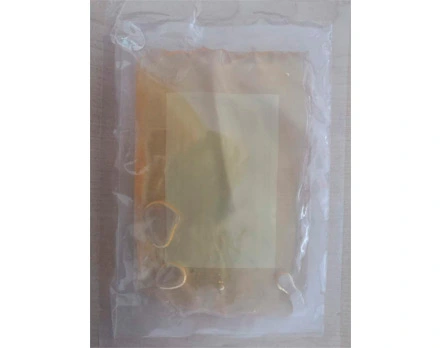 Resistant Maltodextrin Syrup (Tapioca Type) 90%Resistant maltodextrin syrup (tapioca) is a kind of water-soluble dietary fiber made from starch as raw material and refined through a certain degree of hydrolysis, polymerization, separation and othe...LEARN MORE
Resistant Maltodextrin Syrup (Tapioca Type) 90%Resistant maltodextrin syrup (tapioca) is a kind of water-soluble dietary fiber made from starch as raw material and refined through a certain degree of hydrolysis, polymerization, separation and othe...LEARN MORE -
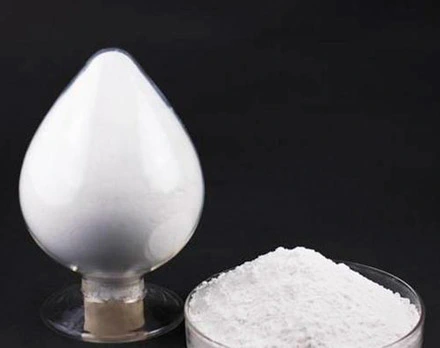 Soluble Corn Fiber Powder 70%Soluble corn fiber powder is processed from starch. It is a low-calorie glucan obtained by extracting and refining the indigestible components of baked dextrin using industrial technology. It is a low...LEARN MORE
Soluble Corn Fiber Powder 70%Soluble corn fiber powder is processed from starch. It is a low-calorie glucan obtained by extracting and refining the indigestible components of baked dextrin using industrial technology. It is a low...LEARN MORE -
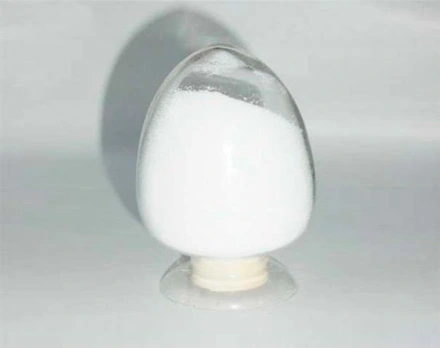 Soluble Corn Fiber Powder 90%Soluble corn fiber is a dietary fiber made from edible starch through dextrinization reaction under acidic conditions. It has good acid and heat stability, high digestive tolerance, low glycemic index...LEARN MORE
Soluble Corn Fiber Powder 90%Soluble corn fiber is a dietary fiber made from edible starch through dextrinization reaction under acidic conditions. It has good acid and heat stability, high digestive tolerance, low glycemic index...LEARN MORE -
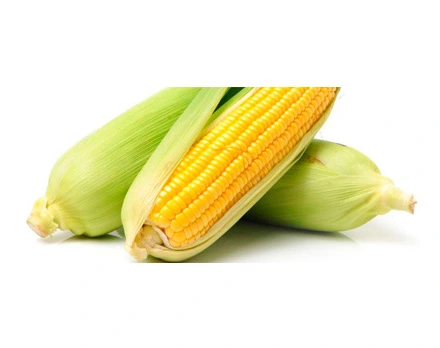 Soluble Corn Fiber Syrup 70%Soluble corn fiber is processed from starch. Edible starch is heated, decomposed and reorganized under acidic conditions to obtain low-molecular soluble glucan. It is a low-molecular water-soluble die...LEARN MORE
Soluble Corn Fiber Syrup 70%Soluble corn fiber is processed from starch. Edible starch is heated, decomposed and reorganized under acidic conditions to obtain low-molecular soluble glucan. It is a low-molecular water-soluble die...LEARN MORE -
 Soluble Corn Fiber Syrup 90%Soluble corn fiber has the same powdery characteristics and processing adaptability as white sugar, and is easy to use. It has low viscosity and sweetness, and has good acid and heat resistance. Solub...LEARN MORE
Soluble Corn Fiber Syrup 90%Soluble corn fiber has the same powdery characteristics and processing adaptability as white sugar, and is easy to use. It has low viscosity and sweetness, and has good acid and heat resistance. Solub...LEARN MORE -
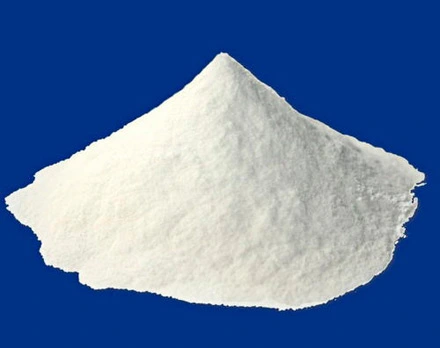 Soluble Tapioca Fiber Powder 70%Soluble tapioca fiber powder is processed from starch. It is a low-calorie glucan obtained by extracting and refining the indigestible components of baked dextrin using industrial technology. It is a ...LEARN MORE
Soluble Tapioca Fiber Powder 70%Soluble tapioca fiber powder is processed from starch. It is a low-calorie glucan obtained by extracting and refining the indigestible components of baked dextrin using industrial technology. It is a ...LEARN MORE -
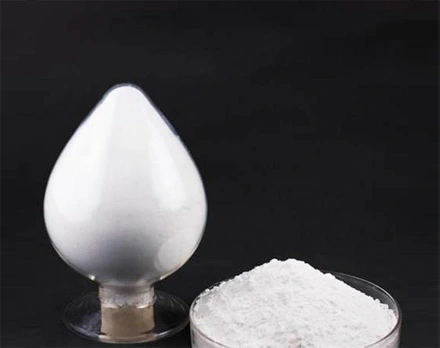 Soluble Tapioca Fiber Powder 90%Soluble tapioca fiber powder, also known as indigestible dextrin, uses starch as the processing raw material. It is a new type of low-calorie glucan that is obtained by extracting, processing and refi...LEARN MORE
Soluble Tapioca Fiber Powder 90%Soluble tapioca fiber powder, also known as indigestible dextrin, uses starch as the processing raw material. It is a new type of low-calorie glucan that is obtained by extracting, processing and refi...LEARN MORE -
 Soluble Tapioca Fiber Syrup 70%Soluble tapioca fiber is processed from starch. The process is roughly to first decompose starch into dextrin at high temperature, and then form some digestion-resistant glycosidic bonds during the re...LEARN MORE
Soluble Tapioca Fiber Syrup 70%Soluble tapioca fiber is processed from starch. The process is roughly to first decompose starch into dextrin at high temperature, and then form some digestion-resistant glycosidic bonds during the re...LEARN MORE -
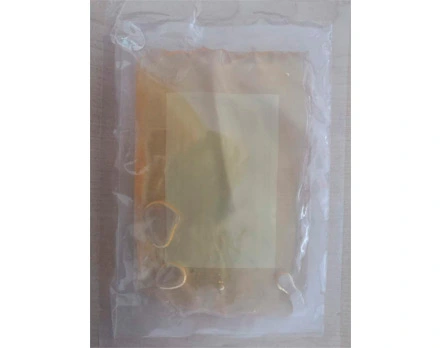 Soluble Tapioca Fiber Syrup 90%Soluble tapioca fiber syrup is a kind of water-soluble dietary fiber. It has good water holding capacity and plays an important role in lubricating the intestines. Its volume expands after absorbing w...LEARN MORE
Soluble Tapioca Fiber Syrup 90%Soluble tapioca fiber syrup is a kind of water-soluble dietary fiber. It has good water holding capacity and plays an important role in lubricating the intestines. Its volume expands after absorbing w...LEARN MORE
Resistant Dextrin Benefits

Good processing stability
The resistant dextrin for sale holds the characteristics of heat, resistance, and freeze resistance. Having a low viscosity of its aqueous solution, the resistant dextrin has stable performance when being processed.

Low Calorie
As an important member of Saigao Nutri's soluble dietary fiber series, resistant dextrin can provide low but long-lasting energy. It can effectively relieve the feeling of hunger and help the users to control their weighr and diet.

Control the Level of Blood Sugar
Suitable for people with diabetes, the resistant dextrin can not only inhibit the activity of amylase but can also greatly slow down the degradation of starch so as to further prevent the blood glucose from increasing after meals.

Prevention of Cardiovascular Diseases
As the related researches show that the continuous intake of resistant dextrin can effectively reduce the neutral fat concentration, the uses of resistant dextrin are now proven to be meeting the needs of people in preventing cardiovascular diseases.
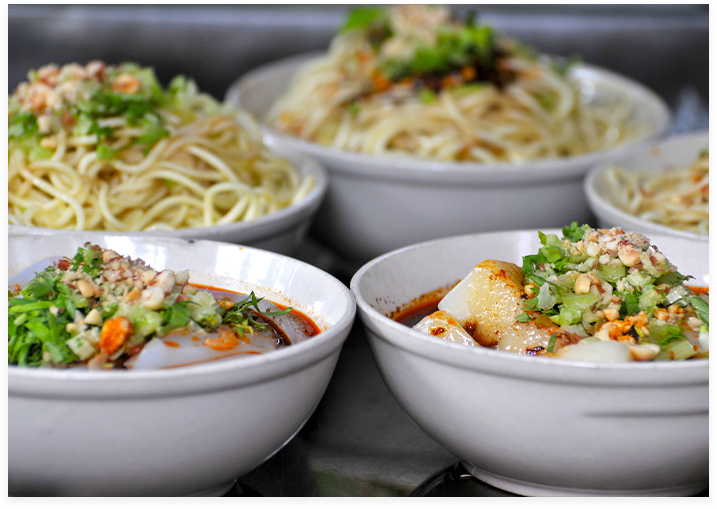
Is Resistant Dextrin Safe
Analyzing the essence of resistant dextrin, it does not have any side effects. Resistant dextrin is a substance produced from tapioca starch or corn starch. It is ubiquitous in green plants and is also the result of cellulase hydrolysis, so it can be said to be synthetic methylcellulose. Resistant dextrin is widely used in foods, including foods for infants and young children. For example, after infants and young children are weaned, the bifidobacteria in the body will decline rapidly, and they are prone to diarrhea or anorexia, and they are also prone to malnutrition. The use of water-soluble resistant dextrin foods can improve the utilization rate of nutrition and also Can promote the absorption of calcium, iron and zinc.

Resistant Dextrin VS Maltodextrin

Resistant dextrin is a soluble dietary fiber, a low-molecular-weight dextran mixture. Its aqueous solution has low viscosity, low digestibility, low calories, and has the characteristics of the fiber, which is very stable. Regardless of cost, it is the best filler. Maltodextrin is a starch hydrolysate with a DE value of 5-20. It is easy to digest, has low sweetness and high viscosity.

Maltodextrin is an intermediate product when processed starch is decomposed into small molecular sugars. As a starch hydrolysate with a DE value of 5-20, maltodextrin fiber is easy to digest and has low sweetness and high viscosity.

FAQs of Resistant Dextrin
-
How do I use resistant dextrin in cooking/baking?
Adding resistant dextrin to bread, steamed buns, rice, and noodles can increase and improve the color of the bread. The resistant dextrin fiber added in the amount of 3% ~ 6% of the flour can strengthen the dough, and the steamed buns have a good taste and special fragrance. The strength of raw noodles is weakened after noodles are added, but the strength increases after cooking. Generally, the noodles after adding treatment have good toughness, resistance to cooking, and foam. Biscuits and pastries are prepared with more sugar and oil, relatively low moisture content, and it is necessary to add the resistant dextrin fiber. Biscuit baking has very low requirements on the quality of flour gluten, which facilitates the addition of a large proportion of resistant dextrin, which is more conducive to the production of a variety of health-care biscuits with fiber functions; the pastry contains a lot of water in the production, When baking, it will solidify into a soft product and affect the quality. Adding water-soluble resistant dextrin to the cake can keep the product soft and moist, increase the shelf life, and extend the shelf life.
-
What are the common resistant dextrin side effects?
The dietary nutrient reference intake of Chinese residents (2013 edition) recommends that the dietary fiber intake of Chinese adults (19-50 years old) is 25-30g/d, and the recommended intake for infants and young children has not been given. Daily intake of a certain amount of resistant dextrin can ensure the normal operation of the body. So far, no side effects of resistant dextrin have been found. It can be said that it is a very safe food additive.
-
What types of resistant dextrin are being used in the food industry?
Resistant dextrin uses starch as a processing raw material, and uses industrial technology to extract, process and refine the indigestible components of baked dextrin, which belongs to low-molecular-weight water-soluble dietary fiber. Because it contains indigestible ingredients that are resistant to human digestive enzymes, it will not be digested and absorbed in the digestive tract and can directly enter the large intestine. Therefore, it can be used as a dietary fiber to exert various physiological functions. It has the characteristics of high digestive tolerance, low blood sugar index, low insulin index, low calorie, prevention of dental caries, etc., which can stabilize blood sugar and maintain the intestinal tract. Therefore, resistant dextrin is very suitable for vigorous promotion and application in the food industry.
-
Application of Resistant Dextrin Powder in FoodMar 29, 2025
-
Effects and Functions of Maltitol CrystalsMar 22, 2025
+86-531-69959201
sales@saigaonutri.com
No 12111,Jingshi Road, Lixia District, Jinan City, Shandong Province. P.R. China



 Resistant Dextrin PDF
Resistant Dextrin PDF